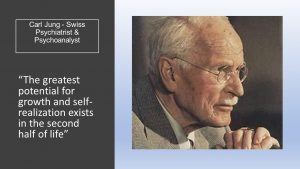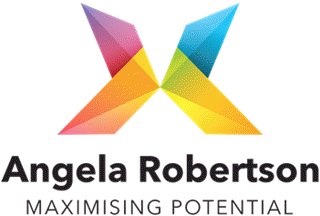We  plan our leaving party and the holiday after, and we plan our finances – but many forget to plan their lives after they head into retirement, says Maximising Potential development consultant, Angela Robertson.
plan our leaving party and the holiday after, and we plan our finances – but many forget to plan their lives after they head into retirement, says Maximising Potential development consultant, Angela Robertson.
Having a plan for what your retirement or ‘new direction’ might look like is vital for ensuring people can maintain their sense of identity and wellbeing, she says.
“We’re often defined by our roles and jobs, like being a Mum, or being a plumber. When those activities stop, we have difficulty defining who we are now. Sometimes we introduce ourselves by saying ‘I used to be’. ‘I used to be a plumber’, or ‘I used to be a parent, but my children are all grown up’”, Robertson says.
She believes it is helpful to think of what is happening as a change of direction, of taking on other opportunities and relationships, rather than dwelling on what “used to be”.
But moving away from a workplace or previous commitment can take time to adjust to and may involve a ‘grieving’ style process.
“In our previous roles, we contributed. People depended on us. We were needed and appreciated. When our circumstances change, we feel a sense of loss. We miss the familiar connection, and this can be accompanied by a sense of insignificance – of not mattering”, she says.
In making the transition, it’s important to recognise and acknowledge these feelings.
“Those pulling back from work should take time to really evaluate what they enjoy doing, what matters to them, and the sort of people they enjoy spending time with. Then work to build those elements into their lives. rather than just becoming busy for busy’s sake”, she says.
Redefining your direction
Robertson outlines a number of important questions to ask yourself, as you begin plotting a new course.
- Do I feel appreciated?
- Do I appreciate myself?
- Do I appreciate what skills and abilities I have?
- What are my strengths?
- What do I really enjoy doing?
- Who are the people I really enjoy spending my time with? And, do they appreciate me and me them?
She recommends the Gallup Clifton Strengths Top 5 Strengths Assessment, which costs around $37 and provides users with information on their top five strengths. Robertson runs coaching sessions on applying these strengths effectively within our lives.
Building new relationships
A new direction can mean a need to build new relationships too, as regular contact with our previous work colleagues begins to diminish or plans to spend more time with children and grandchildren fail to come to fruition as envisaged.
Some people think they’re going to spend a lot of time with family, but actually our adult children don’t necessarily want us in their lives all the time, Robertson says.
“Couples need the freedom to raise their own children as well,” she says.
While it’s important to maintain our connections with family and friends, it is also important to make new connections.
“It’s a matter of looking for activities where people have a real interest and where you can meet encouraging, uplifting people to forge friendships with.”
Robertson points to the power of invitation – simply inviting people to come along to something you’re doing, or to go out for a coffee.
“We never know how long we’re going to live, but we could have decades ahead of us, so we can change direction more than once. We can join a book club and if it doesn’t work, it doesn’t work. It doesn’t have to be for life.”

Leave a Reply